Menu
Trees and bushes are more than just “greenery” - they’re living features that shape the personality, health, and curb appeal of your lot. Regular trimming keeps them healthy, well-shaped, and safe. But here’s the catch: trimming isn’t as simple as it looks. One wrong cut in the wrong place at the wrong time and you could end up doing more harm than good.
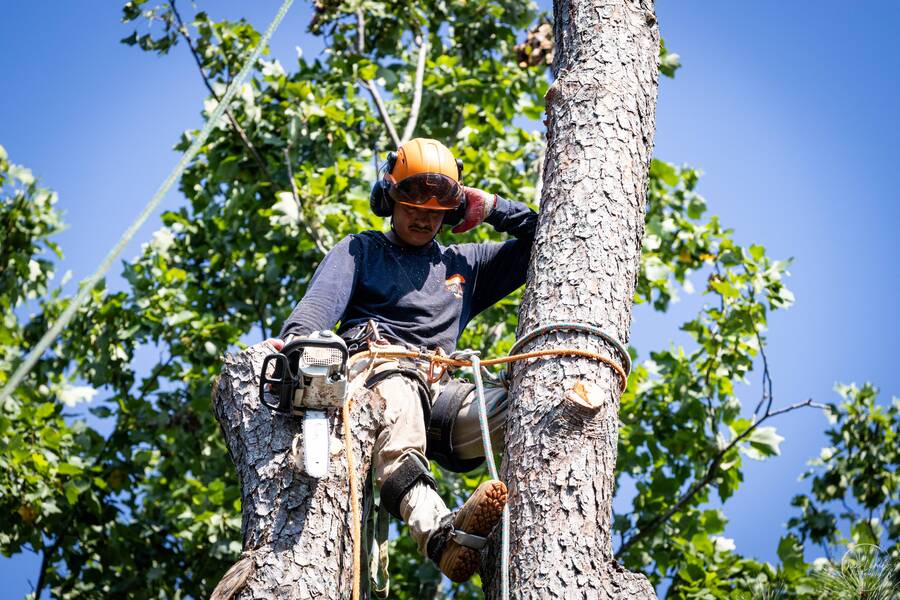
If you have a green thumb and the right tools, you might be tempted to tackle this task yourself. Truthfully, some homeowners in Metro Atlanta do a great job on minor touch-ups. Before you break out the clippers, however, it’s worth learning a few of the most common mistakes people make when trimming trees and bushes.
In this brief article brought to you by your local tree company, Driscoll Tree Service, we share some tips on what to avoid if you’re thinking about taking this chore into your own hands. You're always welcome to call Driscoll if you prefer to leave the work to seasoned tree care professionals.

“Topping” is one of the most damaging and unfortunately common practices in DIY trimming. This involves cutting off the top of a tree (typically motivated to reduce its height or size quickly). The result? A weakened and unstable tree that’s more vulnerable to pests, disease, and storm damage.
Topping doesn’t just look unnatural; it actually destroys the tree’s structure. The tree will respond by sprouting weak and fast-growing branches that are poorly anchored. In the long-term, this can cost you more in corrective trimming, potential storm cleanup, or even a full tree removal.
You and I can get a haircut on any day the barber is available, but trees don't enjoy this luxury. Trimming might feel like a good weekend project anytime the weather is nice, but timing is everything. Do it at the wrong time and you risk stressing the plant, stunting growth, or cutting away next season’s blooms.
If you’re not sure when to trim a certain plant or tree, then it’s best to consult a certified arborist. Otherwise, you risk losing an entire season’s worth of flowers or fruit.
Like with many things in life: it’s all about balance. Trim too much and you weaken the plant’s capacity to photosynthesize and protect itself. Trim too little and you leave behind deadwood, disease, or chaotic growth that can spiral out of control.
For bushes, shearing off the outer edges may seem tidy, but repeated over-trimming causes bare spots and a thin and unhealthy center. Trees need selective and strategic cuts to maintain structural integrity and promote airflow; they don't need a drastic makeover.
The general rule is to never remove more than 25% of a tree’s canopy in a single season. Bushes vary depending on species and condition.
A dull pair of hedge shears or a rusty saw can do more damage than you think. Clean and sharp cuts help wounds heal faster. Ragged or crushed cuts, meanwhile, leave plants vulnerable to disease and decay.
Equally important: dirty tools can transfer bacteria, fungi, or pests from one plant to another. Sanitizing your equipment between cuts is essential, especially when working with diseased limbs.
It's not just the tree or bush that's at risk during a DIY trimming. Every year, homeowners are injured trying to remove heavy limbs or shape overgrown trees without the proper equipment or training. Even smaller tasks can become risky if you’re dealing with a diseased or unstable tree.
If the tree service requires climbing more than a few feet, or if it's near utilities, then it is always advisable to call in the pros.
If you’ve made it this far and are thinking, “This sounds like more than I bargained for,” then you’re not alone. That’s why many Metro Atlanta homeowners rely on professionals like Driscoll Tree Service to get the job done right.
Driscoll is a locally owned and operated tree service company with certified arborists, a uniformed team, and 24/7 emergency service. Whether it’s for shaping ornamental bushes, trimming mature oaks, or handling storm damage, you can call Driscoll and rest assured the job is done right the first time around.
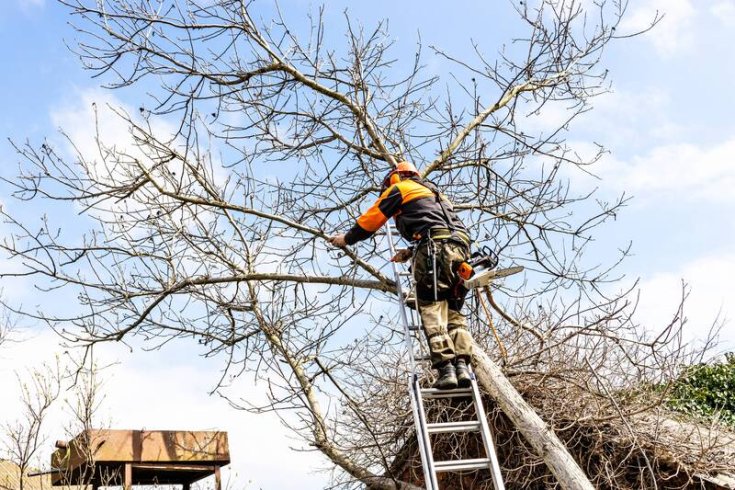
Summer is winding down, the days are getting shorter, and the air will be crisp and the leaves will start falling before you know it. For tree owners, that means it’s time to think ahead. Fall is one of the…
Read More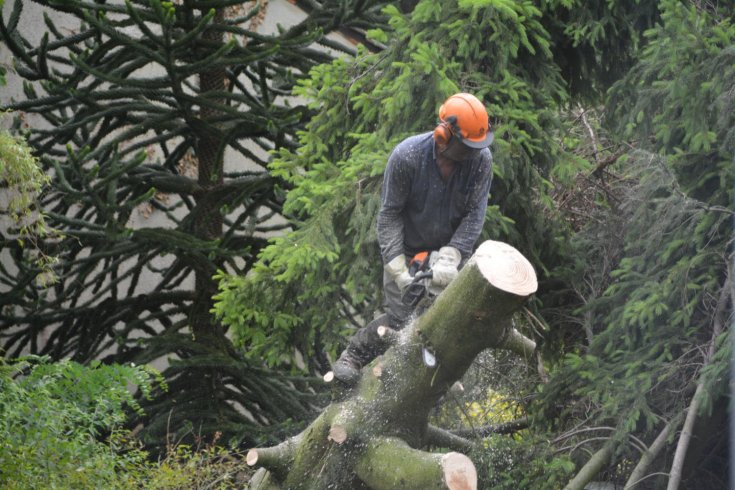
How Professional Tree Services Handle Large or Hazardous Trees Large or hazardous trees can quickly turn into serious threats on your property, and dealing with them safely requires far more than basic yardwork. You might look at a towering trunk,…
Read More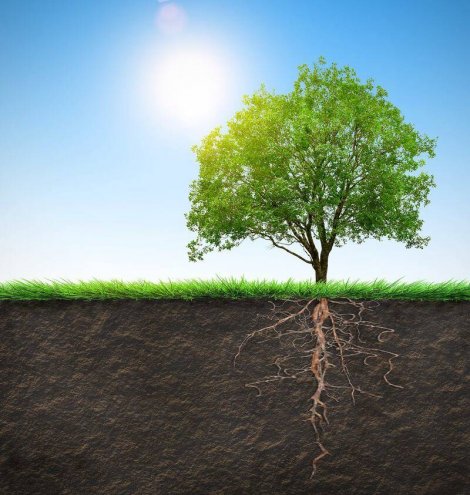
4 Signs of Tree Root Damage Trees are valuable additions to any landscape and offer various environmental benefits. Regular care is critical to maintaining healthy and durable trees, like most living things. If you suspect deterioration in your trees, the best…
Read More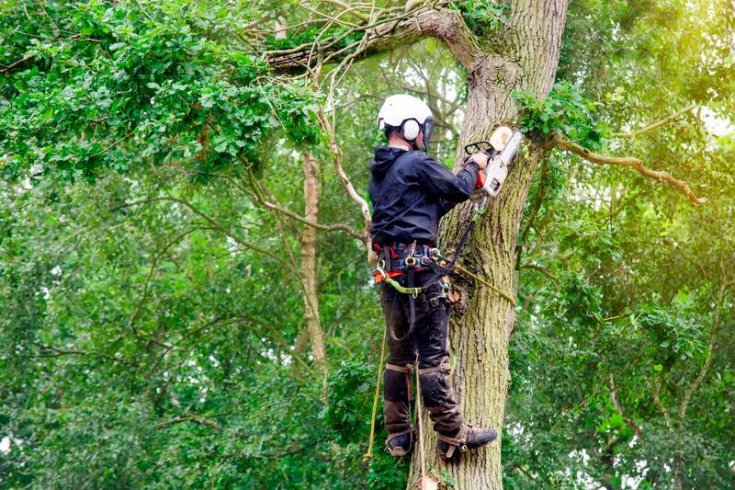
How to Help Flooded Trees & Shrubs Flooding can cause significant damage to trees and shrubs, especially if water remains stagnant for long. While these plants are resilient, excess water can weaken their root systems and affect their growth, causing…
Read More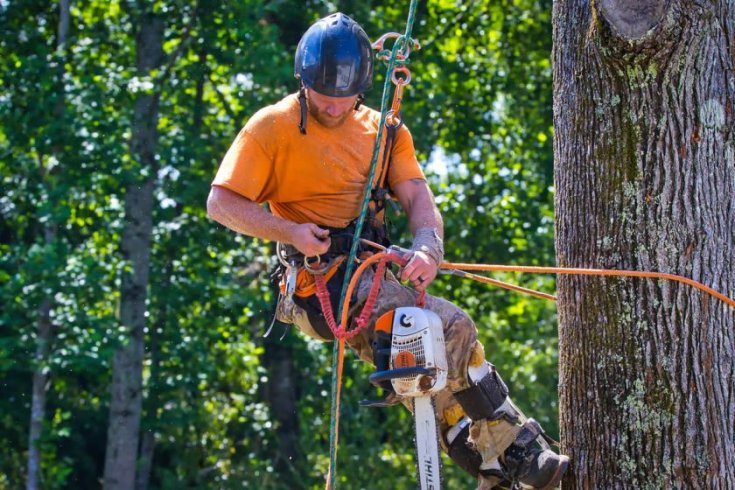
Tools and Equipment For Professional Tree Trimming Professional tree trimming could be an easy or difficult process, and that fully depends on the tools you use. Trimming is able to open up the visibility of your property and enhance the…
Read More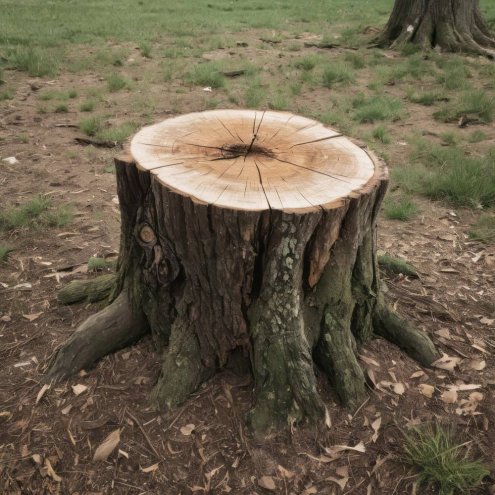
Can a Tree Grow Back from a Stump? When a tree is cut down, many assume that’s the end of its life. However, nature has a remarkable way of surprising us. Under the right conditions, a tree can grow back,…
Read More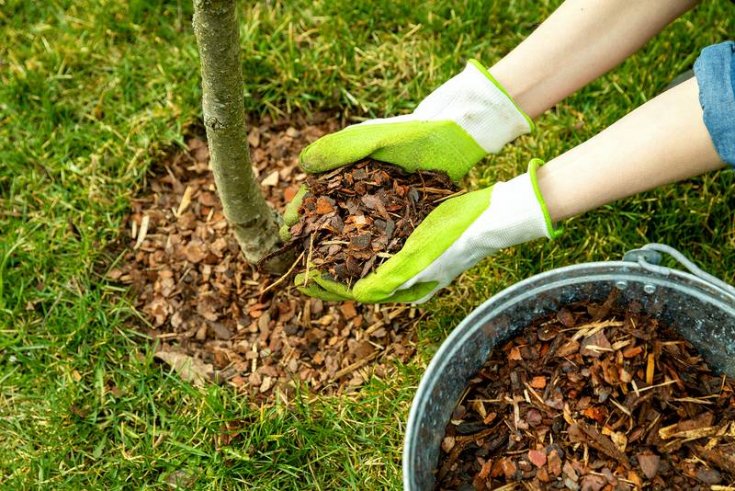
Mulch Myths and Truths As we head towards cooler months, it is critical to maintaining a healthy yard. One of the essential tree care practices before winter is adding a layer of mulch around your trees. You can use many…
Read More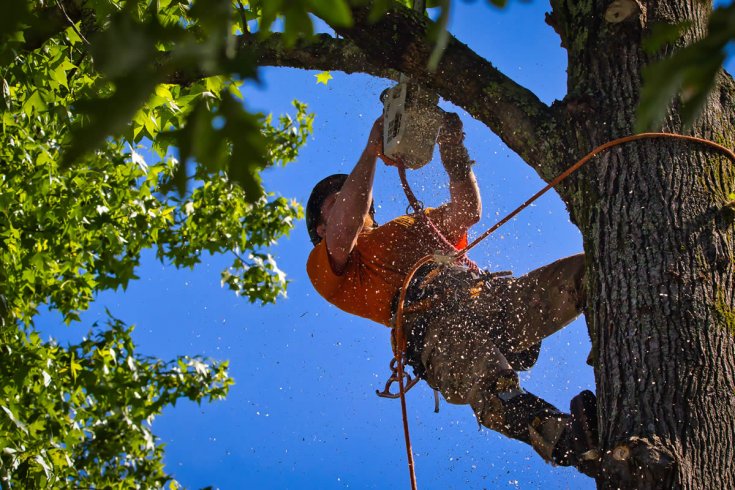
Why You Need an Arborist to Prune Your Trees Tree pruning is a vital part of property maintenance, but it's not a job for everyone. Mistakes made while pruning or trimming your trees could result in poor tree health, property…
Read More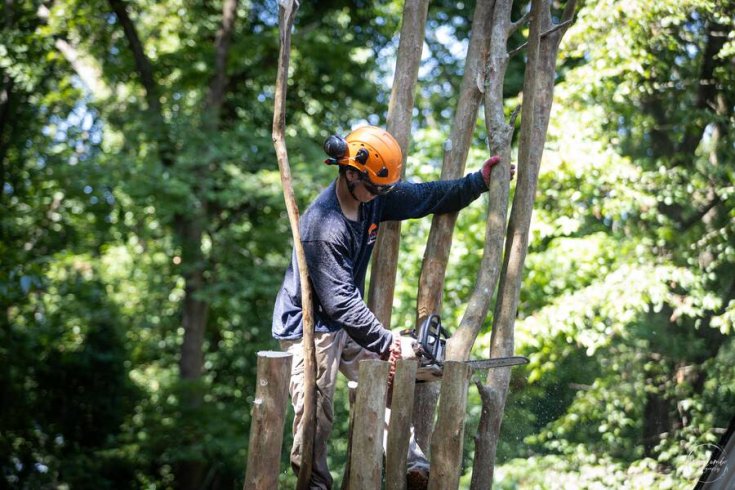
Trees are beautiful, strong, and bring life to your yard - but only when they’re well cared for. Regular tree trimming keeps your trees healthy, prevents branches from growing too close to your home, and reduces the risk of falling…
Read More
5 Tips to Maximize Your Curb Appeal First impressions matter, especially in your home. Whether you plan to sell your house or stand out in the neighborhood, enhancing your curb appeal is an excellent way to achieve your goals. As…
Read More